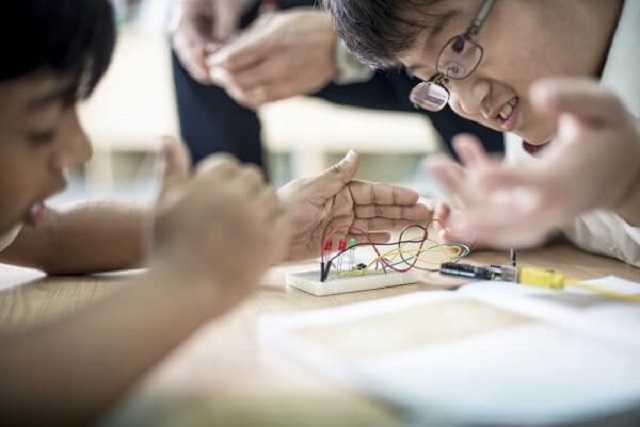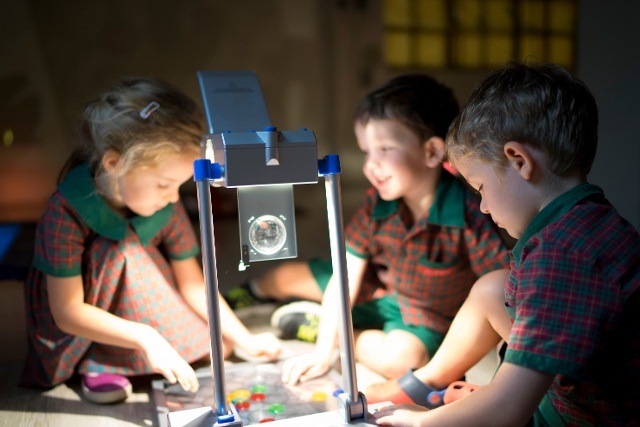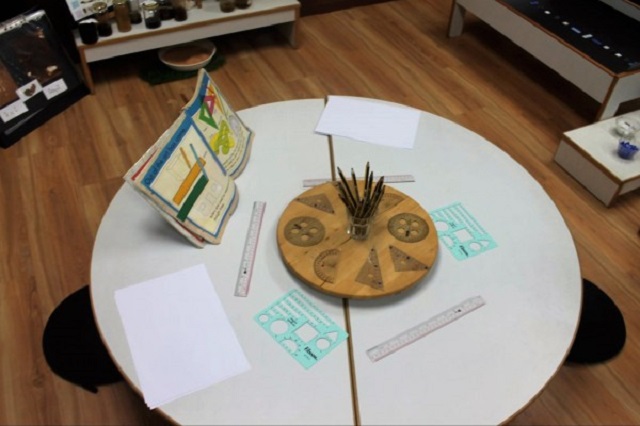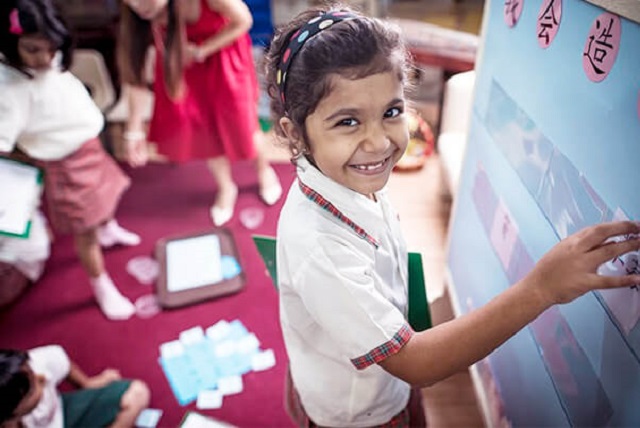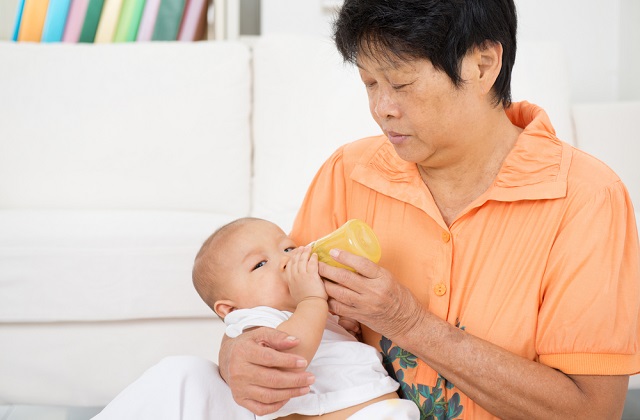Early Education
Conversations between a child and a teacher are common in preschools that use the inquiry-based learning approach. Children are encouraged to question facts, explore possibilities, voice their opinions and initiate investigations. Teachers trained professionally in this approach are skilled in helping your child develop competencies such as oracy and literacy skills, general knowledge, critical thinking skills and the ability to apply concepts. These will be useful when he transits to primary school.
Read MoreResearch has shown that early and prolonged exposure to screen time for children is detrimental to their development. Here are some tips to cut down screen time at home.
Read MoreChildren are born with an innate desire to explore, form hypotheses, experiment, observe and develop conclusions. Research proves that children’s learning through their senses has a strong connection to thinking and learning in science. We see it in the way an infant drops his or her toy from a high chair only to find out how it falls to the floor. With older children, we see a disposition to causal thinking where they experiment to either support or negate their hypotheses. The 21st-century skills are a set of abilities that students need to develop in the information age. This can be achieved through the inquiry-based learning model instead of the traditional approach.
Read MoreJust as literacy is a form of communication, numeracy too is a way to represent and share information of the world around us. These are life skills and children need opportunities to use them and see them being used in real life situations which help them to make meaning of it. Worksheets and other formal teaching strategies make learning abstract and dry. This approach decontextualises learning and some children find it difficult to make connections with mathematical concepts in this way. Children can better internalise them when they are exposed to number concepts used around them as part of everyday experiences.
Read MoreThe literacy goals and outcomes for toddlers and preschoolers have changed dramatically over the years. The emphasis is definitely on pushing the literacy outcomes associated with formal schooling down to the early years. To hothouse children into becoming ‘literate’, we have seen over the years the emergence of flash cards for babies, spelling lists for preschoolers and the expectation to read and write earlier than developmentally appropriate. There is plenty of evidence to support that when children are pushed into reading, often times you have a child who struggles with a lack of interest, stress and rebellion and is ‘put off’ by reading.
Read MoreEarly Years education cultivates a joy of learning in children from a young age and has proven to have a positive impact on lifelong education. Inquiry-based learning complements a child’s innate curiosity and helps them develop confidence in their abilities by creating the best possible learning opportunities.
Read More
